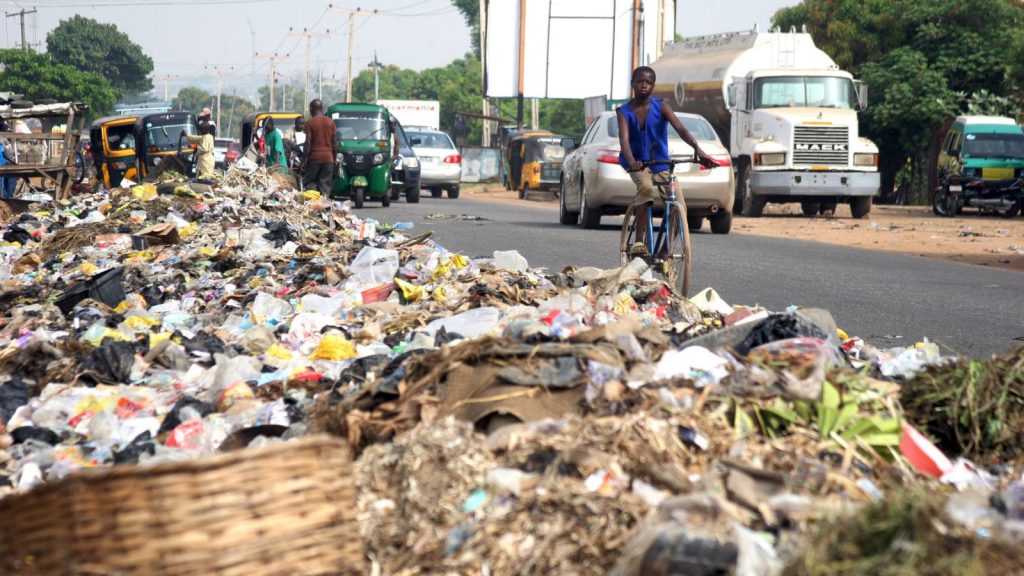Environmental News – Lagos To Generate Energy From Waste & More

Lagos Plan To Generate Energy From Garbage The Lagos State Government has proposed a new model from energy in its approach to environmental waste management. According to the state government, Olusosun, a popular landfill that has been a dumping ground for years, will soon become a model for the urban renewal and waste to wealth […]
Ozone Layer Depletion

Ozone layer depletion is a serious problem facing planet earth today The layer of ozone gas is what protects us from the harmful ultraviolet (UV) radiation of the sun. The ozone layer absorbs these harmful radiations and thus prevents these rays from entering the earth’s atmosphere. Thus, it is necessary to understand its importance and […]
Overfishing

The ocean is the largest source of food in the world and fish is one of the main source of daily protein But unfortunately, fishermen are more and more frequently returning home with empty nets. Some scientists say that in the last 60 years’ stocks of large fish have fallen by 90 percent, and they […]
Environmental Pollution

Environmental pollution is a major problem in recent years Therefore, keeping our environment clean should be our top priority. To keep our environment safe and healthy, we need to control the level of pollution. Globally speaking, environmental pollution is bigger than we think. In many cities, there are problems with dirty air, sound pollution from […]
President Buhari & The Nigerian Academy of Engineering

Our chairperson and founder, Engr (Mrs) Joanna Olu Maduka who is also the current president of the Nigerian Academy of Engineering recently conferred the title of Grand patron of the Nigerian Academy of Engineers on President Mohammed Buhari of the Federal Republic of Nigeria. Engr Mrs Joanna Maduka is the 1st female President of the […]
